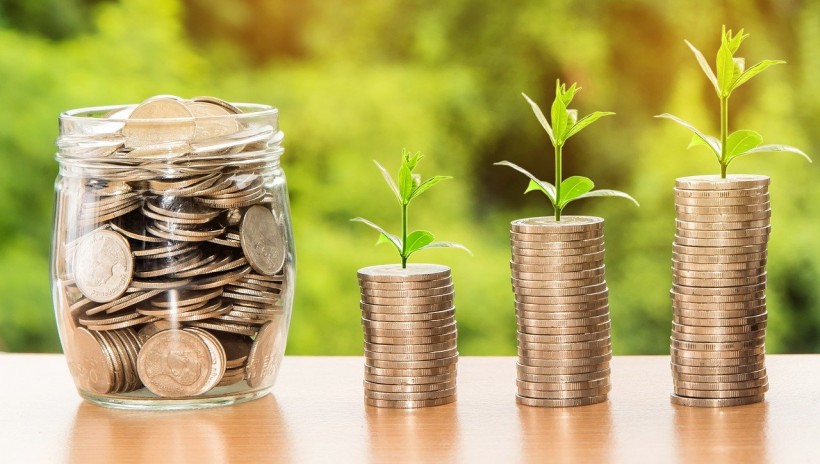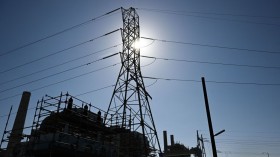According to data from the Reserve Bank of Australia (RBA), Australians held a total personal debt of over $144 billion in October 2020. The total figure was almost $167 billion the previous year. The decline in the figure is attributed to the 2020 pandemic and its impact on the economy. Whether you are planning to apply for a personal loan or you already have an active loan, it may often come to your mind about the consequences of defaulting on it.
So, what happens if you default on your personal loan? Defaulting on a loan will trigger some form of doubts and fear. But you should keep in mind that there are always rights and protection for loan defaulters.
When is a Personal Loan Considered Defaulted?
A personal loan is deemed in default when the payment becomes late by 30 to 90 days. This timing will depend on the following factors:
● Exact type of loan
● Terms of the loan agreement
● The lender
The payment needs to be at least 30 days past the due to be reported as late payment to the credit agencies. If you don't intend to default on your loan, you may consider availing of an instant Payday Loan.
Types of Personal Loan Defaulters
There are different types of personal loan defaulters. This includes:
● Genuine Defaulters: These are individuals who have genuine financial issues. They made all their past payments on time, but a current issue is holding them from making the payments.
● Careless Defaulters: Many people take a loan in excess of what their financial resources allow them to repay. Such borrowers didn't analyse their income and expenses. They default because they are unable to afford the payments and realise it later.
● Intentional Defaulters: Such borrowers are also known as wilful defaulters and try to mislead their lenders with illogical reasons for their non-payment.
Whatever type of personal loan defaulter you are, defaulting is not an acceptable practice.
A Genuine Loan Default
So what will the lender do when you default on your personal loan? There are laws and your lender can take actions within those laws. And this often involves providing an opportunity to the defaulter to repay the loan. Some of these options include:
● Lowering the Payments: You may be able to negotiate and have your lender lower your payments, making it easier for you to make the monthly payments. The lender may do so by either increasing the tenure of your loan or converting the non-secured loan into a secured loan.
● Payment-Free Period: Your lender may be able to provide you with a payment-free period if you have a genuine cause such as loss of job, temporary halt of business, or other reasons.
● A Reduced Settlement: When you are in no condition to repay your Quick Cash Loan, your lender may be able to agree to a reduced settlement. Instead of going through the hassles of making a complete recovery which can be an expensive affair in itself, some banks or lenders may agree to settle the loan with some cuts.
The lender may move to the recovery step if they deem it right for the situation. You should keep in mind that personal loan defaulters are protected by law. If you have a genuine reason for defaulting, those reasons will get their due importance in front of the law.
© 2024 NatureWorldNews.com All rights reserved. Do not reproduce without permission.
* This is a contributed article and this content does not necessarily represent the views of natureworldnews.com


![Extreme Heat Wave in Africa’s Sahel Region That Killed 100 People Linked to Climate Change [Study]](https://1471793142.rsc.cdn77.org/data/thumbs/full/70226/280/157/50/40/extreme-heat-wave-in-africa-s-sahel-region-that-killed-100-people-linked-to-climate-change-study.jpg)



